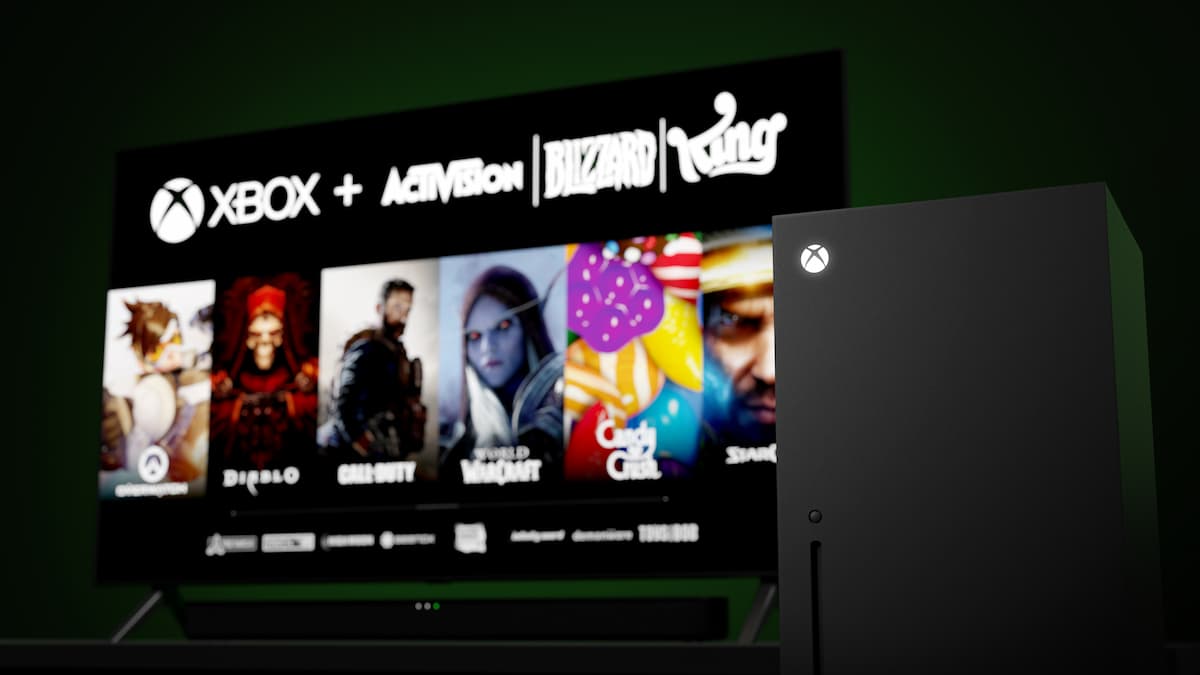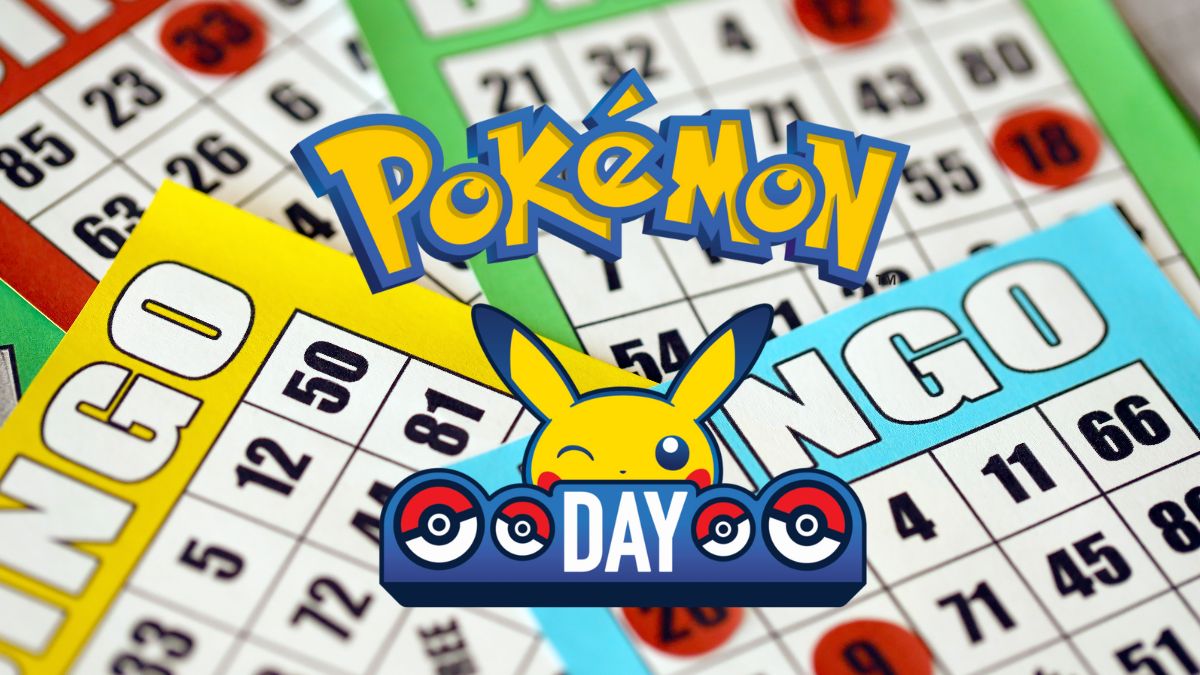In the newest addition to the Microsoft and Activision Blizzard saga, the Federal Trade Commission (FTC) has stated that there have been no “substantive” discussions between the two parties about concessions “at this time,” according to FTC lawyer Jame Weingarten, who spoke during a pretrial hearing on Tuesday regarding Microsoft’s proposal to purchase Activision Blizzard for $69 billion.
The FTC revealed its intentions in December when it stated its plan to block Microsoft’s acquisition of Activision Blizzard, claiming that if the purchase was allowed to continue, it would suppress and harm competition. The FTC’s director of the bureau of competition, Holly Vedova, has stated that “Microsoft has already shown that it can and will withhold content from its gaming rivals,” and goes on to say that the FTC intended to stop Microsoft from gaining control over a leading game studio, saying that it will “harm competition in multiple dynamic and fast-growing gaming markets.”
They also addressed Microsoft’s past decision to make games such as Redfall and Starfield exclusive to Xbox consoles, with the FTC claiming Microsoft assured European regulators it had no incentive to withhold content from other platforms. However, this has been refuted by the European Commission, stating Microsoft has no such commitment as part of the antitrust review conducted last year.
Microsoft and Activision have hit back at these claims, stating that an acquisition of a single game would not be enough to upend the industry, in this case referring to the back and forth surrounding the Call of Duty franchise. Microsoft has also said that the lawsuit is unconstitutional and violates the company’s Fifth Amendment right to due process.
As it stands, if an agreement on concussions cannot be made, the case will be taken to trial in August, where it will be decided if the deal can go ahead.







Published: Jan 4, 2023 10:09 am